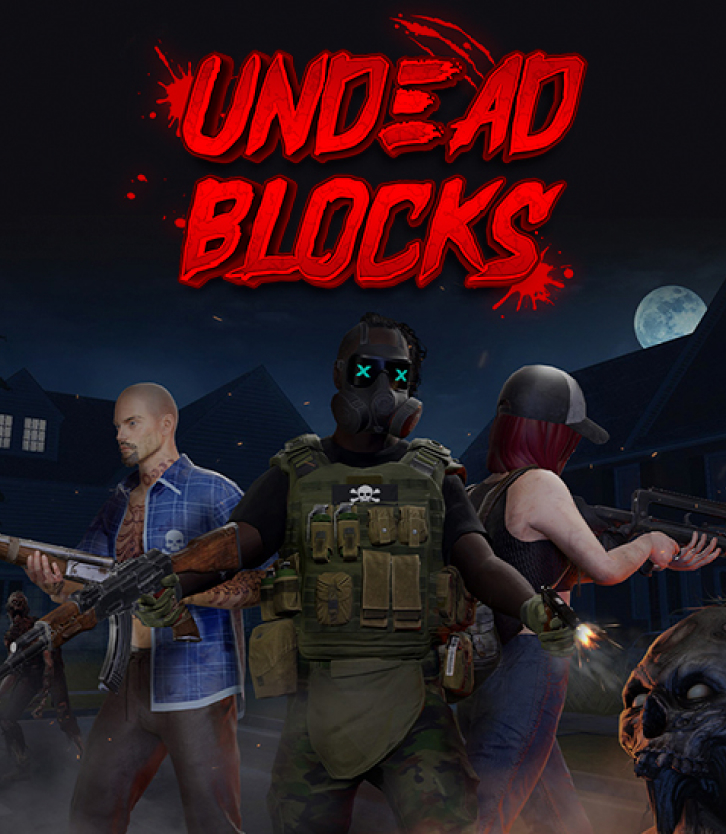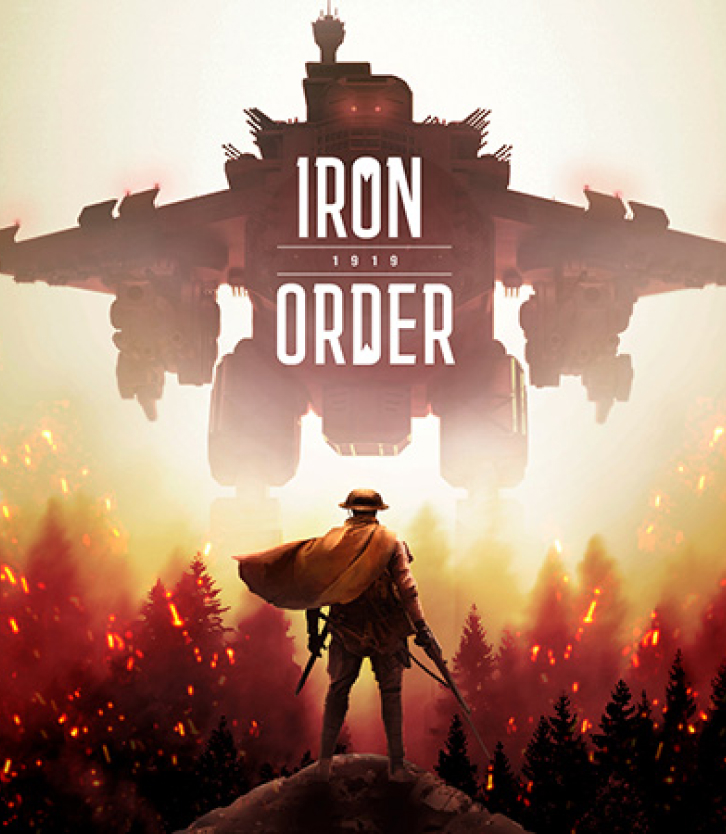The game engine is the foundation of creating video games. It includes a large number of tools, libraries, plugins, and customization features that allow you to design unique entertainment products. And in this realm of game architecture, there are two main giants – Unity and Unreal.
It is pointless to answer the question of which one is better. The fact is that each of them serves a specific purpose. And once you understand what your goal is and become aware of the capabilities of these engines, the answer will appear by itself.
So let’s roll up our sleeves and get to know Unity vs Unreal engine in more detail.
Before We Begin
We will allow ourselves a small digression. If you’re interested in other engines besides the two key ones, you can check out our material on the top 5 engines, which also includes our current contenders.
We also have large-scale material covering all aspects of Unity in greater detail: statistics, pricing, pros and cons, game examples, Unity developer rates around the world, and so on. We invite you to find out if Unity game development services are exactly what you need. And yes, ignore the clickbait title. Of course, it was meant that Unity is the best for its purposes.
Dive Deeper:
✔ The Very Difference Between Game Design and Game Development You Always Wanted to Know
✔ Unity − What Makes It the Best Game Engine?
Unity Features
Unity is the most famous cross-platform engine, especially popular for mobile game development and indie development.
The main feature of Unity is its cross-platform nature. It supports development for over 25 platforms including mobile, desktop, web, console, and AP/XP platforms. Thus, this engine will be your undoubted choice if you are planning cross-platform development. Especially if you want to cover mobile development, as over 70% of all mobile games are made with Unity. The engine offers Lightweight Render Pipeline – a prebuilt Scriptable Render Pipeline that allows graphics to be scaled to low-level mobile platforms.
Development on Unity is considered optimal for beginners and those who are just planning to enter the gaming niche. The interface of the engine is simple and intuitive, and the native language is C#, which is quite easy to learn. The engine also offers access to the Unity Asset Store, a marketplace where developers can create and sell 2D and 3D assets and environments that can greatly speed up and simplify development.
Games Made Using Unity
The list of games made in Unity is truly endless. Notable examples include:
- Ori And The Blind Forest (Metroidvania)
- Cuphead (Run and gun)
- Pillars Of Eternity (RPG)
Did you know? Unlike other engines, Unity is used not only in the gaming industry. He also performs well in such areas as cinematography, architecture, engineering, construction, automotive, and even military.
Unity Game Engine Pros & Cons
Note that the shortcomings we propose are rather not disadvantages, but features of the engine that may prevent certain tasks from being performed. This applies to any engine from the pair Unity vs Unreal. You can find out more detailed information about the specifics of Unity and its pros and cons in our Unity study.
| Pros | Cons |
| Free for projects generating less than $100,000 per year | Access to read-only source code is only possible with a Unity Enterprise subscription |
| Coverage of more than 25 platforms with an intuitive interface | Lower performance compared to other more highly specialized engines |
| Excellent toolkit for mobile and indie development | Advanced multiplayer features are only available by downloading frameworks |
Unreal Engine Features
Unreal is a game engine originally created for PC first-person shooters that has become a technological canon for creating AAA games with state-of-the-art graphics.
The main feature of Unreal is its support for high-definition graphics, including next-gen physics, lighting, visual effects, and more. Written in C++, Unreal offers high portability and covers key gaming platforms: mobile, desktop, console, and AR/VR. While a Blueprint Visual Scripting system with a node-based interface can help you get started, the full power of Unreal can only be unleashed by knowing and using C++.
The focus of the engine is on AAA-quality PC and console products – considered the industry standard for top games, Unreal is actively used to showcase the latest and most amazing advances in graphical realism. And while some of the major developers of the most famous games prefer to use their proprietary engines, Unreal remains the top commercial AAA development software.
Games Made Using Unreal
Games made with Unreal are usually the top representatives of their genres. For example, you may have heard the most famous of them:
- Fortnite (Battle royale)
- Hellblade: Senua’s Sacrifice (Action-adventure)
- Star Wars Jedi: Fallen Order (Action-adventure)
Did you know? Many highly anticipated games from world-famous developers will be released on Unreal Engine 5 in the future. Among them are S.T.A.L.K.E.R 2, The Witcher 4, The Witcher Remake, The Matrix Awakens, and Silent Hill 2 Remake.
Unreal Engine Pros & Cons
As we have already said, the shortcomings of the engine are not so objective disadvantages as certain inconveniences in a specific context. For example, no one will deny that using the heavy and powerful Unreal Engine game development services is absolutely inappropriate for elementary mobile games. But this is not at all its disadvantage. In any case, you can learn a little more about Unreal in our comparison material on best game engines.
| Pros | Cons |
| Opportunity to implement state-of-the-art visuals | Quite a complex interface and a steep learning curve for beginners |
| Excellent performance when working with heavy assets and environments | The need to pay 5% royalties if the developed product earns more than $1 million |
| Advanced toolkit for multiplayer, AI, and the latest VR projects | Sufficiently high system requirements when using the full potential of the engine |
Similarities Between Unity and Unreal
Despite the fairly obvious differences between the Unity engine vs Unreal engine, they certainly have some things in common. Both engines support a fairly large number of platforms – mobile, desktop, consoles, AP/VR, and so on. Although Unity is unrivaled in terms of cross-platform features, Unreal also has something to offer. Both engines have a huge community and a large number of lessons and tutorials. They support multiplayer and VR, have asset libraries, and are basically free with certain conditions. Both can produce AAA graphics, but Unreal still has a clear advantage here in a side-by-side comparison.
Differences Between Unity and Unreal
The main Unreal Engine vs Unity difference is the language they are written in. For Unity it’s C#, for Unreal it’s C++. C# is easier to learn, its hierarchy is simple and clear. C++, in turn, often includes features that are quite difficult to understand. From this follows the purpose of the engines. C# (Unity) is more suitable for mobile and web applications, as well as not very heavy desktop products. C++ (Unreal) is great for heavy-weight large-scale projects that require high performance from the hardware. So, when evaluating Unity vs Unreal performance, the latter clearly has an advantage.
Unity vs Unreal: Head-to-Head Comparison
Let’s summarize everything we’ve learned about Unity vs Unreal.
| Unity | Unreal | |
| Developer | Unity Technologies | Epic Games |
| Written in | C# (Unity Scripting API)C++ (runtime) | C++ |
| Supported platforms | Mobile, desktop, web, console, VR/XR | Mobile, desktop, console, VR/XR (less than Unity offers) |
| Primary audience | Mobile, indie, and beginner developers | AAA devs and indie teams striving for realism |
| Ease of use | Beginner-friendly interface | Steep learning curve |
| Open source | No | Yes |
| Price | Free to use (until the product has earned more than $100k in the last 12 months) | Free to use (a 5% royalty if the product earns more than $1 million) |
| 2D/3D support | Yes | Yes (limited for 2D) |
| AI support | ML-Agents toolkit | Behavior trees |
| VR/AR/XR support | Yes (faster, and easier to use, supports more platforms) | Yes (more advanced graphics) |
| Multiplayer support | Yes | Yes |
| Graphics level | Good graphics | Cutting-edge graphics |
| Asset marketplace | Unity Asset Store | Unreal Engine Marketplace |
Unreal or Unity: What Engine to Choose
So what to choose, Unreal or Unity? As with many other aspects, it all depends on your goals.
FAQ
Is Unreal better than Unity?
It is incorrect to talk about which engine is better without context. Unreal is better suited for more advanced games with modern realistic graphics, which is why it is known specifically as an engine for AAA games. Unity, on the other hand, is a more versatile and easy-to-master engine that covers a large number of platforms and is suitable for creating a huge range of games: 2D and 3D for mobile devices, indie and AA for PC, AR and VR games, etc.
Is Unreal harder than Unity?
Considering Unity vs Unreal in terms of complexity, Unreal is undoubtedly more difficult to work with than Unity.
Why is Unity more popular than Unreal?
Unity is more beginner-friendly and intuitive, plus it has a huge community, lots of lessons, tutorials, and guides. To delve into it, it is enough to understand the basics of C#. Unreal is more demanding on developers, its interface is more advanced, and to fully use it, you need to know C++, which is considered a rather difficult language to learn.
Is Unity or Unreal better for 2D games?
For 2D games, Unity is a clear choice. It has excellent tools for creating 2D games and a much simpler and more intuitive interface.
Is Unity open source?
No, Unity is not an open-source, like Godot. The source code is read-only for Unity Enterprise users by default and as an add-on for Unity Pro users. So, check Unity vs Godot to know more about open-source platform.









